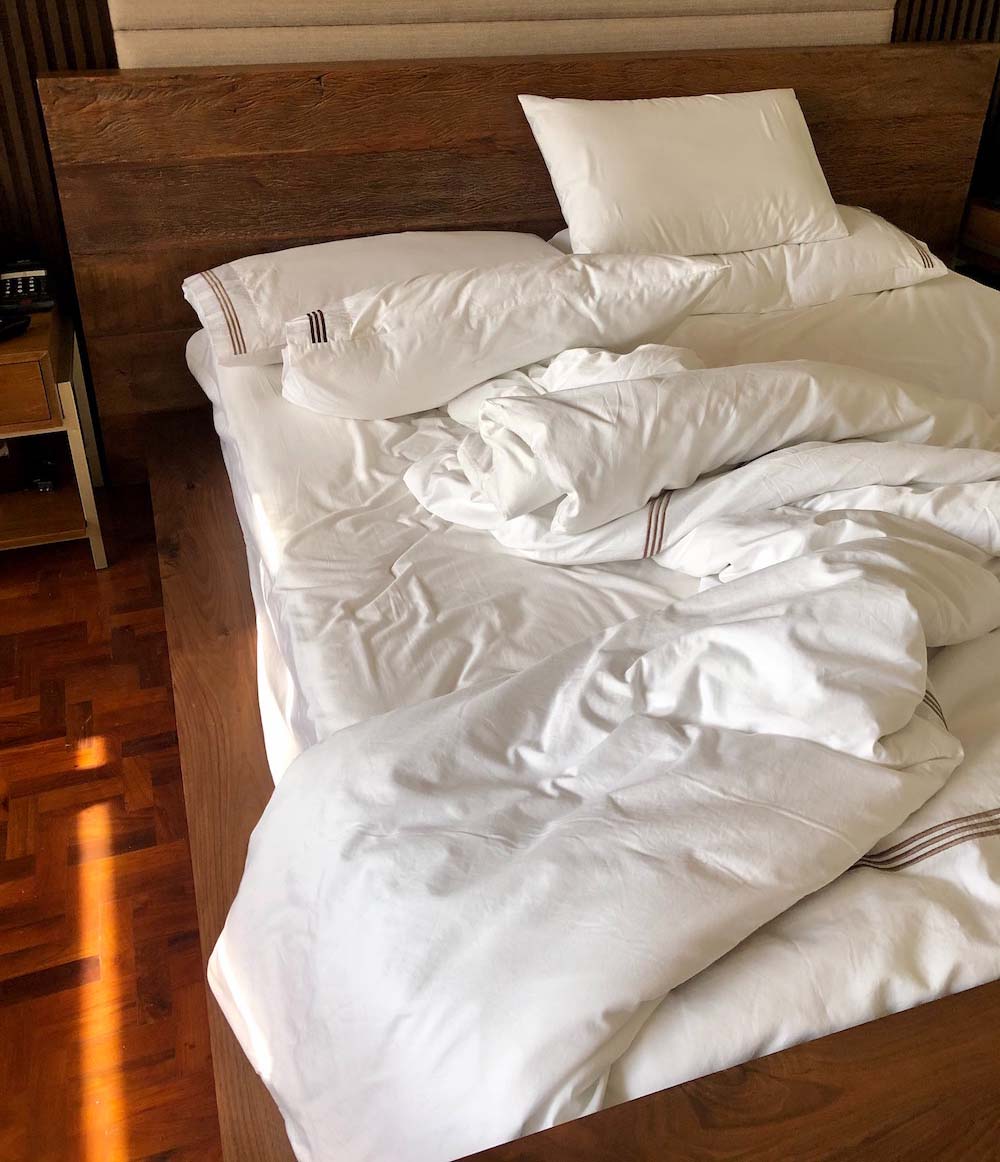Are you always putting other people first or trying to please them? Scared of letting them down or disappointing them? Of course. We all do, we’re only human. But by doing that, we let our own needs and comfort fall short. That’s why setting personal boundaries is so important – not only to our relationships with others, but for our own health and wellbeing.
What are boundaries?
Boundaries are physical (personal space/touch), mental (thoughts/opinions) and emotional ‘rules’ or guidelines that we develop to identify safe and reasonable ways for other people to interact with or behave towards us. Having our personal boundaries ignored or crossed can make us feel violated and angry.
For example, a violation of a personal boundary could be someone going through your things, touching you, invading your space or criticising a personal aspect of yourself. Not nice. I used to go into my sister’s room a lot and she hated it. I didn’t really get it when I was little, but now I do. We create spaces both physically and mentally that are safe, relaxing and personal. Having those spaces threatened or intruded upon is not a good feeling.
These spaces are mental and emotional as much as they are physical. Boundaries let us say no and put ourselves first.
Boundaries don’t have to be fixed, firm things. We can have a mixture of personal boundaries, we can loosen the rules or make exceptions, but giving yourself some foundational ground-rules to keep your emotional and mental stability is not a selfish thing to do. Even if it is, look where you are, we’re all for being selfish here.
Your time is your life. You are absolutely the final authority on how you will use it.” – Anne Katherine
Benefits of setting boundaries
- Emotional Health
- Avoid Burnout
- Better Mental Health
- Develop Identity
- Develop Autonomy
In other words, when you set boundaries, you make decisions that are best for you. Ergo, less stress, less resentment or anger, and you make the basic step towards self-care which is, really, putting yourself first. We develop our own independence and avoid wasting emotional energy.
Boundaries are important to relationships, professionally, romantically and within family dynamics, helping you to respect privacy and space as well as acknowledging mental and emotional wellbeing.
Your personal boundaries protect the inner core of your identity and your right to choices.” – Gerard Manley Hopkins
Setting Boundaries
- Identify the boundary you need.
- Communicate the boundary.
- Don’t over explain – you shouldn’t need to justify of explain your reasons for needing this boundary in place.
- Set consequences – i.e. tell them why it’s an important boundary for you.
Avoid setting boundaries that are too rigid. Let yourself be flexible and don’t isolate yourself away. On the other hand, don’t let them be too flexible, which is apparently a common thing amongst women, and end up devoting all your time and energy to others.
For the most part, when it comes to setting boundaries, trust your gut. What feels okay, what do people do or say that you don’t like? Our body might have physical reactions to situations that tell us something’s not okay, maybe it clashes with our values or upbringing, our religious or spiritual beliefs.
Be assertive. ‘No’ is a complete sentence.
Those who get angry when you set a boundary are the ones you need to set boundaries for.” – J.S. Wolfe
Other people’s boundaries
As much as we want people to respect our boundaries, we have to be sure to respect theirs. Actively listen if someone communicates a boundary to you, if they don’t, pay attention to any cues that might give away their discomfort. If you want to ask a personal question, go into a personal space or touch them, always ask first.
Why do we view the boundaries people create for themselves as challenges? Why do we see someone setting a limit and then try to push?” – Roxane Gay






